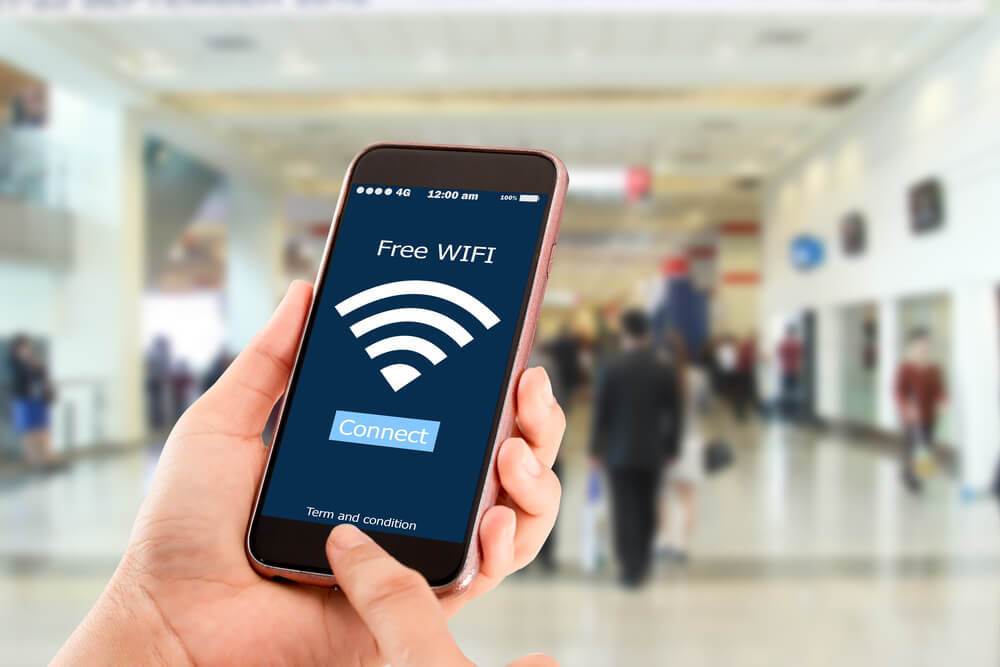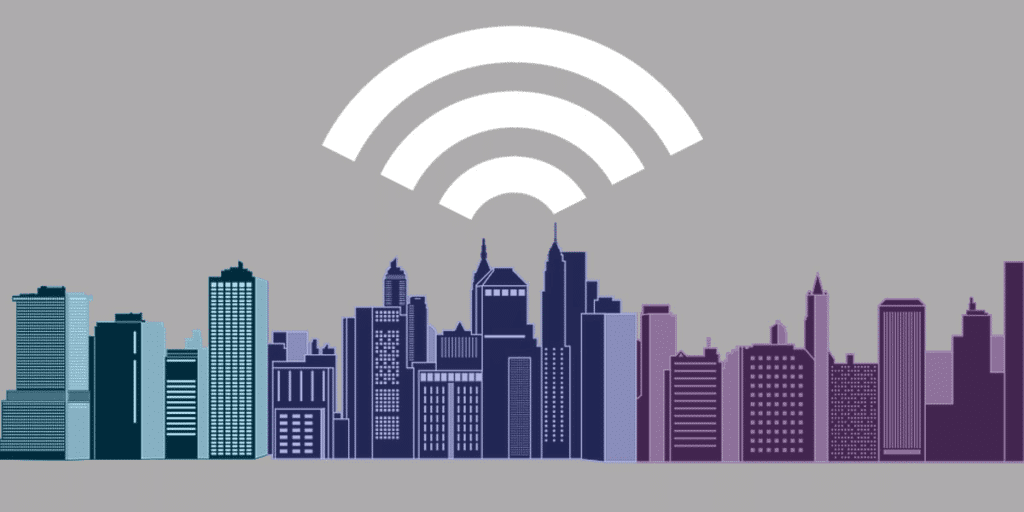

Public Wi-Fi networks are often considered as the most unsecured server as anyone on the same network can intercept your traffic. This can lead to major security risk, especially bank account or email.
Public WiFi network

A VPN, or virtual private network, can help to protect your connection on public Wi-Fi by encrypting your traffic and routing it through a secure server. This makes it impossible for anyone on the network to see what you are doing online.
To use a VPN to secure your connection on public Wi-Fi, follow these steps:
- Subscribe to a VPN service. There are numerous VPN service providers to select from, so make sure you do your homework and pick one you can trust.
- Download and install the VPN client software. You must download and install the VPN client software on your device after signing up for a VPN service.
- Connect to a VPN server. Once the VPN client software is installed, open the app and select a server to connect to. It is best to choose a server that is located in a country where you trust the privacy laws.
- Browse the internet as usual. You can use the internet as normal after connecting to a VPN server. All of your traffic will be encrypted and routed through the secure VPN server.
Using a VPN on public Wi-Fi has advantages.
There are many benefits to using a VPN on public Wi-Fi, including:
- Protect your privacy. A VPN encrypts your traffic, so no one on the network can see what you are doing online.
- Secure your data. Your data can be shielded from hackers and other bad actors with the use of a VPN.
- Bypass geo-restrictions. A VPN can allow you to bypass geo-restrictions and access websites and content that is blocked in your region.
- Improve your internet speeds. Occasionally, a VPN can increase your internet speeds by getting over ISP throttling.
Tips for using a VPN safely


Here are a few tips for using a VPN safely:
- Choose a reputable VPN provider. Not all VPN providers are created equal. Some VPN providers may log your activity or sell your data to third parties. Choose a reputable VPN provider after doing your homework.
- Make sure your VPN account password is secure. To prevent unwanted access to your VPN account, create a strong password.
- For your VPN account, enable two-factor authentication (2FA). Your VPN account gains an additional layer of security with 2FA.
- Update the VPN client software on your computer. VPN client software updates often include security patches that can help to protect you from malware and other threats.
Conclusion
Using a VPN on public Wi-Fi is a great way to protect your privacy and security. By following the tips above, you can ensure that your connection is secure and that your data is protected.
FREQUENTLY ASKED QUESTIONS:
Q: What is a VPN?
A: A VPN, or virtual private network, is a tool that encrypts your internet traffic and routes it through a server in another location. This makes it appear as if you are browsing the internet from that location, rather than your actual location. This can be useful for protecting your privacy, bypassing geo-restrictions, and securing your public Wi-Fi connection.
Q: Why should I use a VPN on public Wi-Fi?
A: Since public Wi-Fi networks are frequently unprotected, any user connected to the network has the ability to intercept your traffic. This poses a serious security concern, particularly if you are accessing private data—like your bank account or email—using public Wi-Fi.
Q: How does a VPN secure my connection on public Wi-Fi?
A: A VPN encrypts your traffic, so no one on the network can see what you are doing online. It also routes your traffic through a secure server, which makes it even more difficult for anyone to intercept your data.
Q. What advantages does utilizing a VPN offer?
A. The use of a VPN has numerous advantages, such as:
- Protecting your privacy online
- Bypassing geo-restrictions
- Securing your public Wi-Fi connection
- Improving your internet speeds
- Accessing blocked websites and content
Q: How do I choose a VPN?
A: When choosing a VPN, you should consider the following factors:
- Security: Choose a VPN that uses strong encryption protocols, such as OpenVPN or IKEv2.
- Privacy: Choose a VPN with a good privacy policy and that does not log your activity.
- Speed: Select a VPN provider with a huge network of servers spread across several regions.
- Features: Some VPNs come with extra features like split tunneling, obfuscation, and kill switches.
Q: Are VPNs legal?
A: VPNs are legal in most countries. However, there are a few countries where VPNs are banned or restricted.
Q: Are VPNs safe?
A: Yes, VPNs are generally safe to use. However, it is important to choose a reputable VPN provider that uses strong encryption protocols and has a good privacy policy.
Additional tips for using a VPN safely
- Make sure your VPN account password is secure.
- For your VPN account, enable two-factor authentication (2FA).
- Update the VPN client software on your computer.
- Be careful about what information you share online, even when using a VPN.










